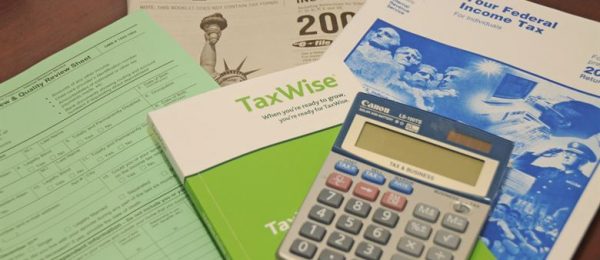Nevada Tax Information – Ashley Quinn

Nevada Tax Incentives
Many individuals and businesses are motivated to relocate to the “Silver State” by the fact that Nevada does not impose a state income tax. Is relocation an option you should consider?
A Question of Residency
The single, most important prerequisite for a taxpayer to take advantage of Nevada’s “tax hospitality” is domiciling one’s self in the state. In simple terms, this means the individual must make Nevada his principal place of residence – his primary home.
Family Office Services
Residency is a question of fact. In addition to the obvious need to acquire a domicile in Nevada, taxpayers wishing to establish state residency will have to pass the “close connection test” (see sidebar for details), identifying Nevada as the state with which they have the closest ties during the taxable year.
Benefits to Individuals
Individuals who are “domiciled” in Nevada and become Nevada residents will generally escape state taxation of their income, except for income arising from sources within another state. Even taxpayers who may continue to be required to “source” one or more items of their income to a taxable state may still enjoy a significant reduction in their overall state tax burden.
Benefits to Corporations
A corporation organized and domiciled in Nevada could significantly reduce its state tax burden. States generally tax corporate business income based on the corporation’s level of activity within and outside that state. Therefore, shifting at least part of the corporation’s business activities to Nevada will generally result in a reduction of state tax. In addition, being organized and domiciled in Nevada will eliminate state taxation of the corporation’s non-business income.
Benefits to Trusts
Likewise, trusts with Nevada fiduciaries can gain a significant tax advantage. In California, for example, trusts with a California fiduciary are taxed on income retained in the trust, even if all beneficiaries are California non-residents. With a Nevada fiduciary, non-California source income, distributed to non-California beneficiaries or retained and taxable in the trust, will escape California taxation.
The Close Connection Test
Various factors are considered in determining whether a taxpayer has close ties with a particular state, including:
| • | Where you are physically present |
| • | Where you have sources of income |
| • | Where you register to vote |
| • | Where you own a house |
| • | Where you claim the homeowner’s exemption |
| • | Where your driver’s license is issued |
| • | Where your closest business contacts are, i.e., attorneys, accountants, banks, etc. |
| • | Where your closest social contacts are, including clubs |
| • | Where your vehicles are registered |
| • | Where your minor children attend school, and whether you paid resident or non- resident tuition |
| • | Which state has jurisdiction in the administration of your wills and trusts |
| • | Where you obtained a homestead exemption |
| • | Where you maintain a safety deposit box |
| • | Where you filed an affidavit of domicile |
| • | Where you own a cemetery plot |
While no factor by itself can positively determine residency, registering to vote or claiming the homeowner’s exemption in California, for example, has been found to make the taxpayer a California resident, regardless of the other factors.
Finding Out More To learn more about Ashley Quinn
CPAs and Consultants, visit our website: www.ashleyquinncpas.com.
For a complimentary initial consultation regarding the potential tax advantages of Nevada residency for yourself or your business, e-mail us at
info@ashleyquinncpas.com or contact either of our offices:
Incline Village
775.831.7288 fax 775.831.6845
937 Tahoe Blvd., Ste. 200
P.O. Box 7800
Incline Village, NV 89452
Reno
775.746.1999 fax 775.746.2230
1000 Caughlin Crossing, Ste. 55
Reno, Nevada 89511
* LOUISE SIMPSON is not a tax attorney or CPA, we strongly recommend that you consult your tax advisor for all the details and to address your specific needs
